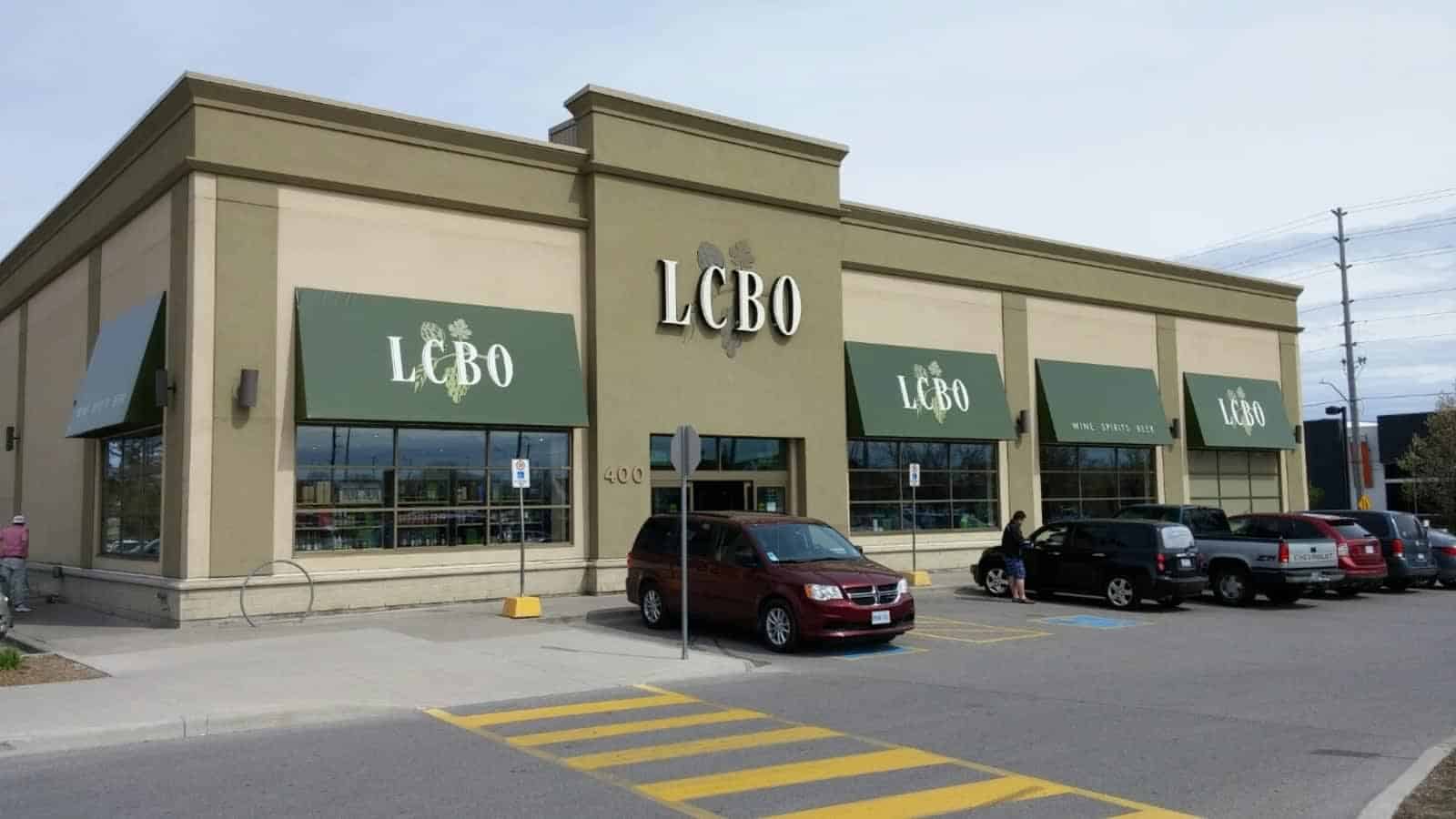Can a strike or work stoppage be brewing at the LCBO in Ontario?
Published April 29, 2023 at 1:16 pm

Members of OPSEU/SEFPO’s Liquor Board Employees Division (LBED) rallied inside an LCBO store in downtown Toronto today to draw attention to their demands for fair wages, more full-time jobs, and an end to the Ford government’s privatization of alcohol sales.
Participants of the peaceful rally held placards and balloons and handed out flyers to LCBO customers. The event also included speeches inside the store by OPSEU/SEFPO First Vice-President/Treasurer Laurie Nancekivell, and representatives from the Ontario Federation of Labour (OFL) and Justice For Workers.
“While many businesses and workplaces were closed for public safety reasons during the pandemic, LCBO workers put ourselves and our loved ones at risk keeping the LCBO stores open and operating,” said Colleen MacLeod, Chair of OPSEU/SEFPO’s LBED.
“We were hailed as ‘heroes’ during the pandemic for keeping LCBO profits flowing, but now we’re being offered a general wage increase of zero per cent. We’re rallying in this store to make it clear that ‘Enough is Enough – LCBO workers are worth more!'”
Despite years of below-inflation wage increases and most recently a government-imposed one per cent wage cap, LCBO workers are being offered a measly 0.75% lump-sum in their Bill 124 wage reopener talks. Meanwhile, LCBO management received double digit per cent salary and benefit increases between 2021 and 2022. (Source: Public sector salary disclosure 2022).
LCBO workers helped produce $2.4 billion for public coffers in 2021-22. These revenues help fund public services like health care, education, and infrastructure that the people of Ontario depend on.
“The LCBO belongs to all of us — the people of Ontario — and LCBO workers keep our kids and communities safe,” said Nancekivell. “Selling off more liquor sales will only make billionaires like Galen Weston even more wealthy and put our communities at risk, while endangering good jobs and taking away public revenues needed for essential services like healthcare and education.”
Studies have shown that privatization of liquor sale leads to increased health risk and social harm costing Ontario $7.1 billion a year in health care costs, lost productivity, and criminal justice costs.
The fight for fair wages and responsible liquor distribution continues as OPSEU/SEFPO’s LBED leadership plans to launch an anti-privatization campaign this summer.
INsauga's Editorial Standards and Policies

